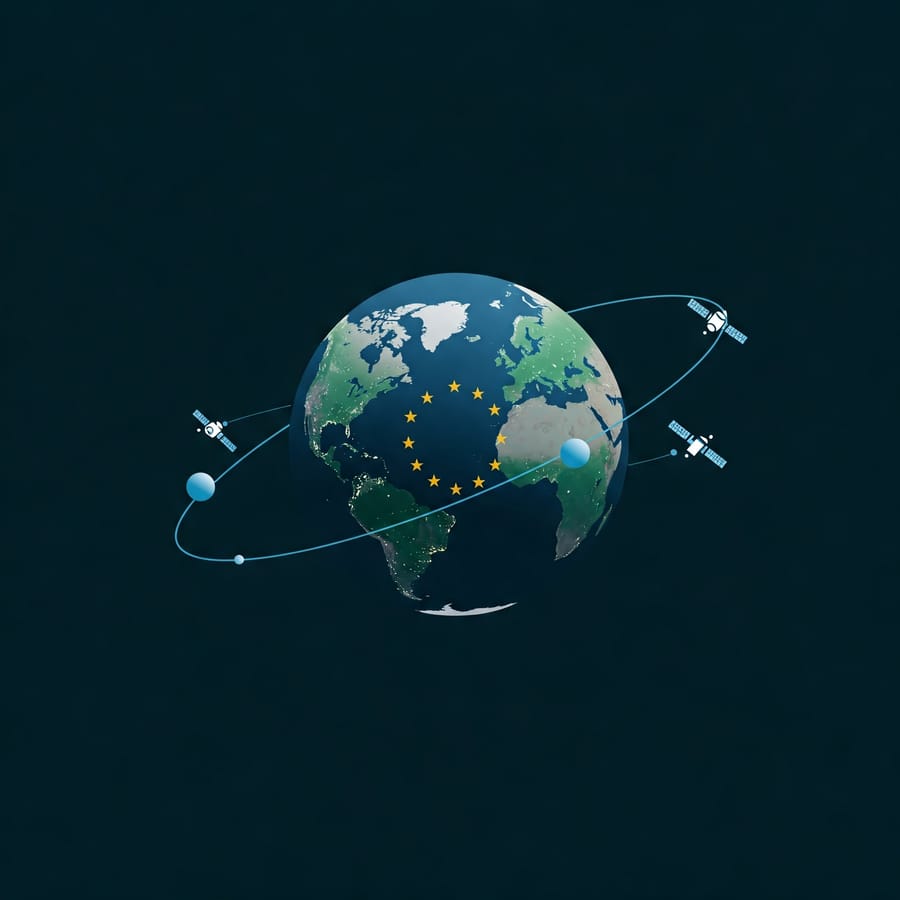Introduction On 25 June 2025, the European Commission published a proposal for the EU Space Act, a comprehensive Regulation designed to establish a harmonized framework for space activities across the EU. It seeks to harmonize licensing, bolster safety, improve cybersecurity and resilience, and promote environmental sustainability, all within a single market for the space sector. 💡What does it mean for Cybersecurity, Resilience, and Critical Infrastructures? - The proposed EU Space Act would…
All posts in Space Law
1 | Introduction and Overview The Aqualunar Challenge, a collaborative initiative between the UK Space Agency and the Canadian Space Agency, aims to develop innovative technologies for extracting and purifying water from the Moon's surface. It comprises two tracks, the UK track with a total of £1.2 million prize and the Canadian track with a total of $1M CAD that will be awarded in grant funding to UK and Canadian space tech companies respectively. The joint initiative aims to find solutions t…
This article provides an outlook of the anticipated EU Space Act, delving into its origins, objectives, and the potential measures under its three core pillars: safety, security, and sustainability. The EU Space Act is expected to impact space tech companies both within and outside the European Union. The formal proposal for the EU Space Act is expected in Q2/2025, likely taking the form of a regulation, as opposed to a directive. This would result in the EU Space Act being directly applicable…
In this blog post, I am looking at Europe's future in space by analyzing three different key documents published recently: ESA's Strategy 2040, the Draghi report on EU competitiveness, and the proposed EU Space Act. The European Space Agency (ESA) has unveiled its Strategy 2040, a comprehensive vision that sets the course for Europe’s role in space over the next 15 years. The strategy is structured around five overarching goals, each with specific objectives aimed at ensuring Europe’s leadershi…
Building upon its Space Strategy released in 2023, the German government recently shared their initiative (in German) to create a dedicated Space Act (Weltraumgesetz, or WRG), identifying six key areas in their Key Points of the Federal Government for a Space Act (Eckpunkte der Bundesregierung für ein Weltraumgesetz) of 4 September 2024 (published in German only). The proposed German Space Act shall address the expanding role of private actors in space and the need for a legal and regulatory fra…




